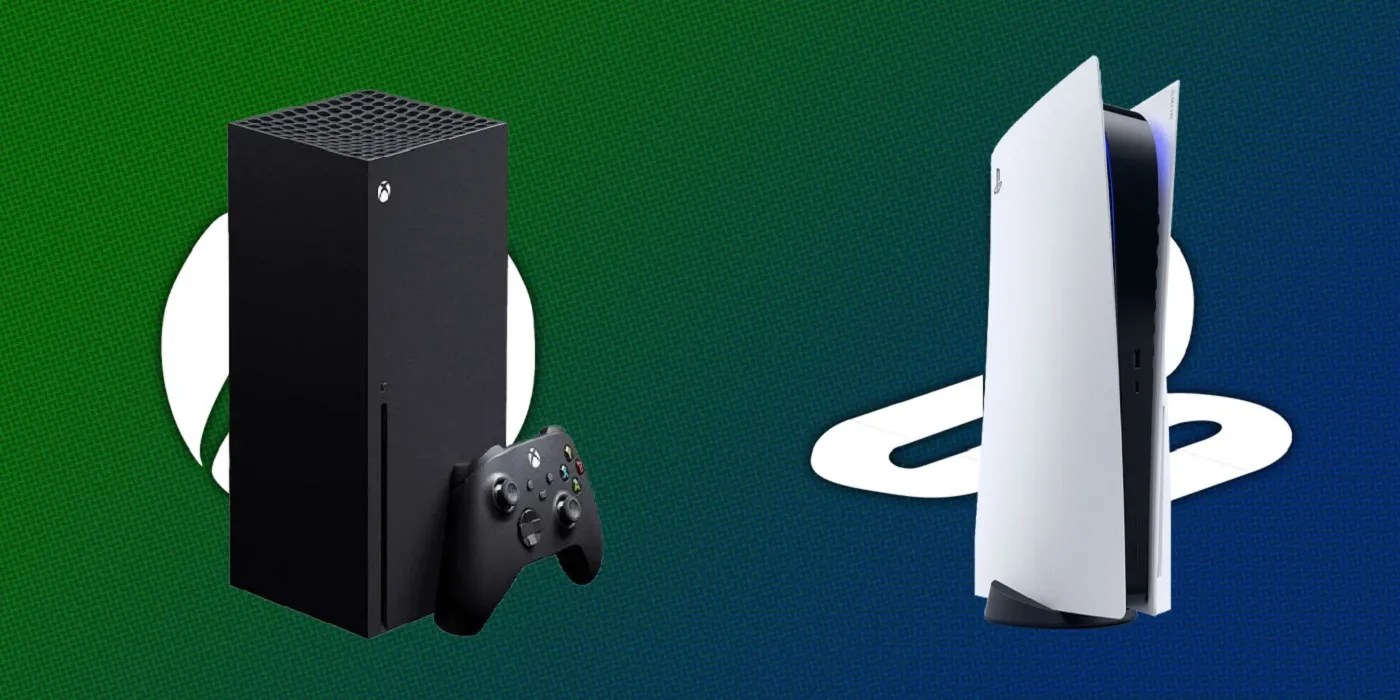After several years of the standard game price hanging at $60, the next console generation is going to ring ingames that cost $70, which has led to plenty of fuss in the lead-up to the PlayStation 5 and Xbox Series X’s launches. However, an expert on the matter believes that consumers will get over it once the games become available.
Various games have been confirmed to cost $10 more on next-gen consoles, includingNBA 2K21andCall of Duty: Black Ops Cold War, and just last week Sony became the first platform holder toconfirm a premium price tag for some of its PS5 titles. There have been plenty of arguments as to why the price hike is happening, but according to NPD analyst Mat Piscatella, what’s really driving it is simple market demand.

RELATED:The Video Game Industry Had a Massive Second Quarter
Speaking on the Virtual Economy podcast this weekend, Piscatella touched upon former PlayStation boss Shawn Layden suggesting that game prices need to rise in order tooffset growing AAA game development costsback in June. This argument, he says, largely falls flat in the face of success the video game industry has experienced this generation. “If [companies] want to make the case that they’re doing it because of X, Y or Z, I guess you could try to make that case,” he said, “but when you look at the financial statements or the earnings reports, you’re able to argue the other side.”
Whatever reasons publishers like Sony, Activision, orTake-Two use to justify the $70 price tagfor next gen games, consumers will “happily pay it” to play premium next-gen games as soon as possible, Piscatella argues. “They might grumble about it, but they would certainly pay it. The price sensitivity, particularly on day-one, suggests that."
What will likely make this easier for consumers to stomach is the fact that the $70 base price won’t be the only way for them to access games on next-gen consoles. More and more, games are becoming free-to-play or are included in subscription services like Xbox Game Pass and Sony’s recently-announcedPS Plus Collection, options that can ease the financial hassle of buying a single game.
Yet despite the growing options at the lower edge of the pay scale, Piscatella feels that there hasn’t been much innovation in premium pricing ever since the standard $60 game price was first set in 2005. He argues that there’s room for publishers to introduce premium and even “luxury” tiers for certain types of games, stating that they “can be worth more than they’re currently being priced at.” Whether consumers ultimately agree remains to be seen, but with thePS5 and Xbox Series X launching in November, it won’t be long until they can figure that out for themselves.